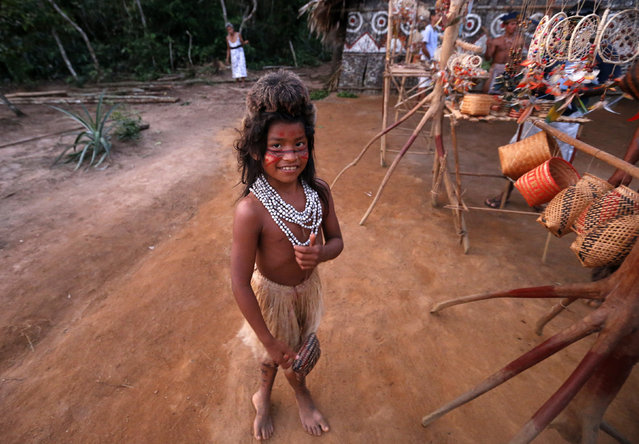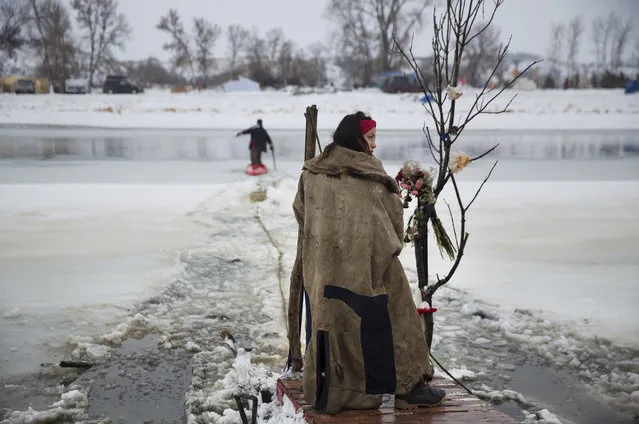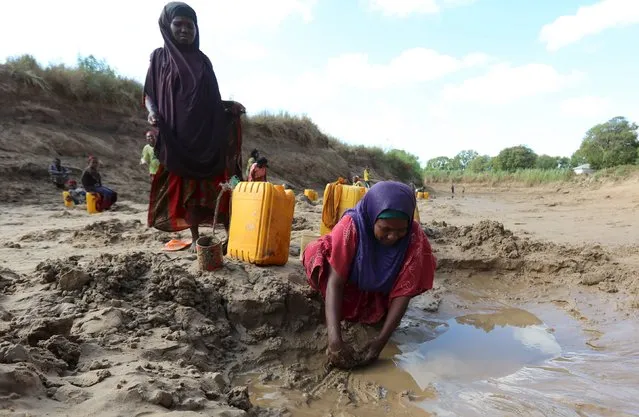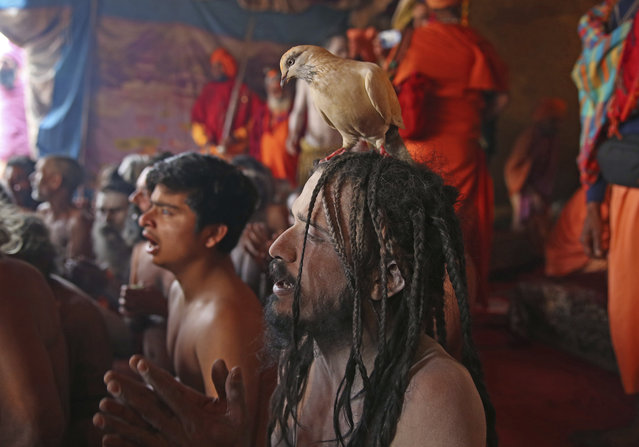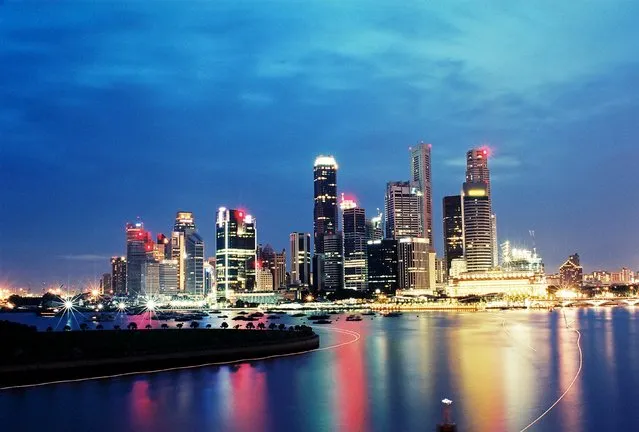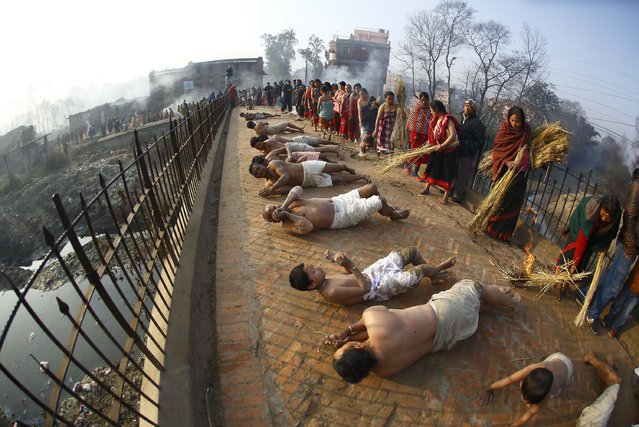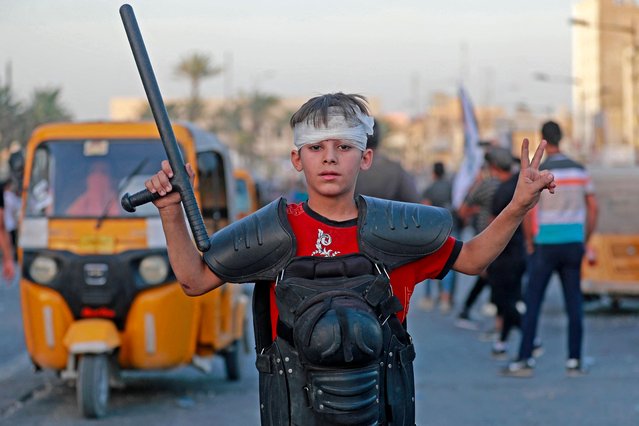
A boy poses for a picture amid clashes between supporters of Shiite Muslim cleric Moqtada and Iraqi security forces in Tahrir Square in the centre of Iraq's capital Baghdad on September 28, 2022, during a parliament session in the nearby high-security Green Zone across the Tigris river. Three rockets were fired at Baghdad's Green Zone, wounding seven security force personnel as parliament was holding its first session in two months, Iraq's security forces said. The parliament, at the centre of a months-long political paralysis, met for the first since deadly unrest in August to vote on the resignation of its speaker. (Photo by Ahmad Al-Rubaye/AFP Photo)
09 Oct 2022 03:45:00,post received
0 comments

